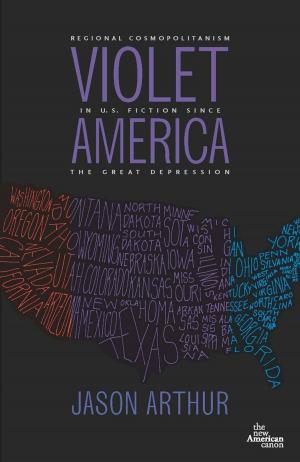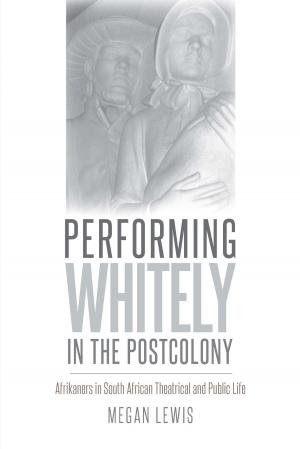Mythical River
Chasing the Mirage of New Water in the American Southwest
Nonfiction, Science & Nature, Nature, Environment, Rivers, Environmental Conservation & Protection| Author: | Melissa L. Sevigny | ISBN: | 9781609383947 |
| Publisher: | University of Iowa Press | Publication: | March 15, 2016 |
| Imprint: | University Of Iowa Press | Language: | English |
| Author: | Melissa L. Sevigny |
| ISBN: | 9781609383947 |
| Publisher: | University of Iowa Press |
| Publication: | March 15, 2016 |
| Imprint: | University Of Iowa Press |
| Language: | English |
In a lyrical mix of natural science, history, and memoir, Melissa L. Sevigny ponders what it means to make a home in the American Southwest at a time when its most essential resource, water, is overexploited and undervalued. Mythical River takes the reader on a historical sojourn into the story of the Buenaventura, an imaginary river that led eighteenth- and nineteenth-century explorers, fur trappers, and emigrants astray for seventy-five years. This mythical river becomes a metaphor for our modern-day attempts to supply water to a growing population in the Colorado River Basin. Readers encounter a landscape literally remapped by the search for “new” water, where rivers flow uphill, dams and deep wells reshape geography, trees become intolerable competitors for water, and new technologies tap into clouds and oceans.
In contrast to this fantasy of abundance, Sevigny explores acts of restoration. From a dismantled dam in Arizona to an accidental wetland in Mexico, she examines how ecologists, engineers, politicians, and citizens have attempted to secure water for desert ecosystems. In a place scarred by conflict, she shows how recognizing the rights of rivers is a path toward water security. Ultimately, Sevigny writes a new map for the future of the American Southwest, a vision of a society that accepts the desert’s limits in exchange for an intimate relationship with the natural world.
In a lyrical mix of natural science, history, and memoir, Melissa L. Sevigny ponders what it means to make a home in the American Southwest at a time when its most essential resource, water, is overexploited and undervalued. Mythical River takes the reader on a historical sojourn into the story of the Buenaventura, an imaginary river that led eighteenth- and nineteenth-century explorers, fur trappers, and emigrants astray for seventy-five years. This mythical river becomes a metaphor for our modern-day attempts to supply water to a growing population in the Colorado River Basin. Readers encounter a landscape literally remapped by the search for “new” water, where rivers flow uphill, dams and deep wells reshape geography, trees become intolerable competitors for water, and new technologies tap into clouds and oceans.
In contrast to this fantasy of abundance, Sevigny explores acts of restoration. From a dismantled dam in Arizona to an accidental wetland in Mexico, she examines how ecologists, engineers, politicians, and citizens have attempted to secure water for desert ecosystems. In a place scarred by conflict, she shows how recognizing the rights of rivers is a path toward water security. Ultimately, Sevigny writes a new map for the future of the American Southwest, a vision of a society that accepts the desert’s limits in exchange for an intimate relationship with the natural world.















